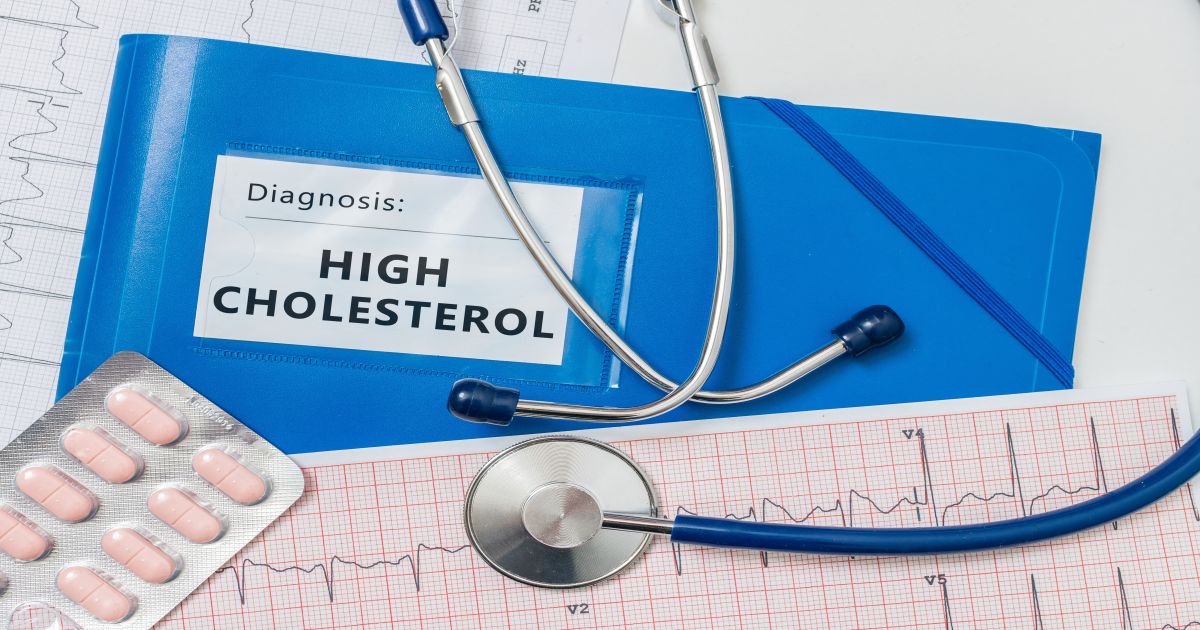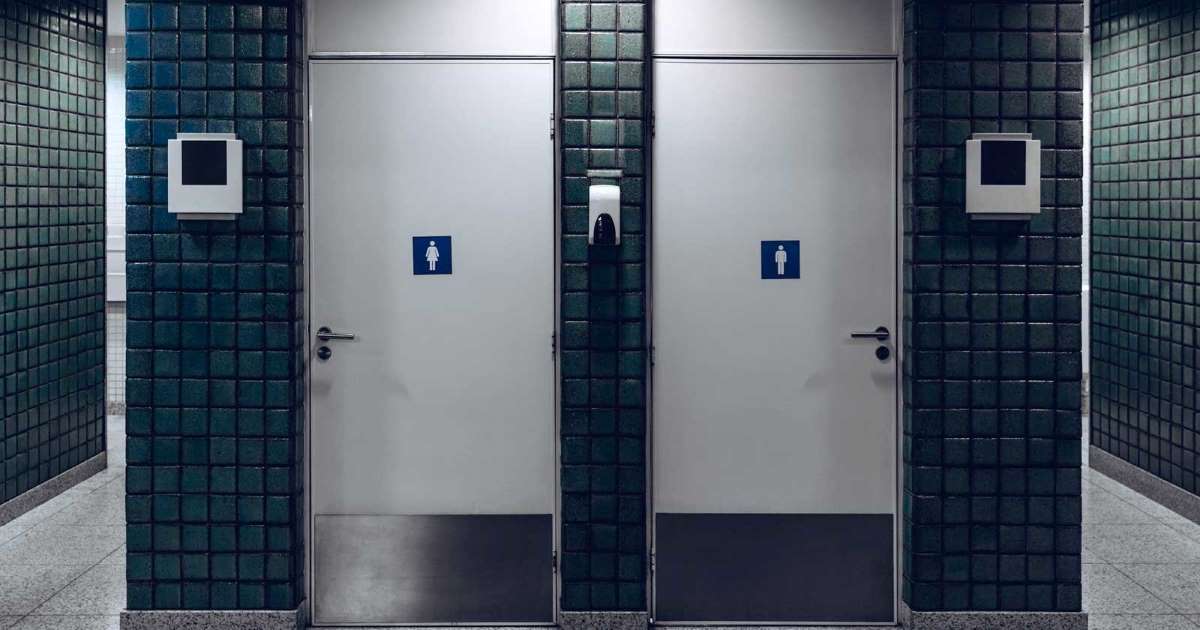Key Warning Signs Your Body Needs More Fiber
Almost every advertisement for health foods usually contains at least a short reference to the amount of fiber found in their product. Fiber has become one of the big buzzwords in healthy eating, and for good reason. Dietary fiber is the indigestible portion of food that helps keep food moving through an individual's digestive system at a normal rate. A diet low in fiber can cause many different digestive health issues, although these aren’t always easy to spot. However, there are a number of signs that can indicate the body needs more fiber. Get to know these warning signs now.
Persistent Hunger

Fiber is one of the ingredients in food that helps trigger the sensation of being full following a meal. Meals that contain a large amount of fiber will fill the digestive system for longer, leading to less frequent meals or snacking. Individuals whose diets do not contain sufficient fiber often report feeling hungry more often, sometimes even immediately following a meal. Diets high in fiber can also help regulate an individual's blood glucose (sugar), which can help curb cravings and needless snacking. This can also reduce the severity of health issues such as diabetes.
Uncover more indicators your body needs more fiber now.
Post-Meal Drowsiness

Insufficent fiber in the diet can sometimes make individuals feel sleepy immediately after they finishing consuming a meal. This post-meal drowsiness is due to drops in the body’s blood sugar, which fiber can help prevent. Meals that do not contain fiber, or do not contain nearly enough, often make up those calories through the addition of carbohydrates, which can sometimes cause spikes in blood pressure that lead to sleep-inducing glucose crashes. Meals high in fiber, on the other hand, regulate the body’s blood sugar and can prevent post-meal crashes or naps.
Get more information regarding what signs indicate your body requires more fiber now.
Weight Gain

Many different factors affect individuals’ weight. An individual's level of physical activity, overall caloric intake, and some illnesses can all trigger weight loss or gain. Diets low in fiber are known to lead to weight gain because the digestive system requires fiber in order to keep moving. When it does not move quickly or efficiently, the body can absorb excess calories, resulting in increased instances of weight gain. Diets high in fiber ensure that food moves through the digestive tract quickly, preventing excess calories from being absorbed by the body.
Learn more about the warning signs the body requires additional fiber now.
Constipation

Fiber’s main role in digestive health is ensuring food moves smoothly through an individual's digestive system and bowels. Fiber consists of plant tissues such as heavy starches and cellulose the body does not absorbed and thus expels them quickly and easily. Individuals who do not consume enough fiber often report chronic constipation because their digestive systems do not have enough insoluble material to pass food through their colon. This makes it much harder for them to have healthy bowel movements, and when they do use the bathroom, they often report the strain from constipation can get quite uncomfortable or painful. Diets high in fiber help prevent constipation and ensure regular bowel movements.
Uncover more details on what indicates an individual's body needs more fiber now.
Bloating

Because foods low in fiber tend to sit in the gut for longer, they can cause a buildup of excess water and fluids in the body. An individual's level of hydration does not only depend on the amount of water they drink throughout the day, but also on the types of food the individual consumes. While sufficient hydration is key, when the body retains excess fluid because of elements such as the lack of fiber, it is not particularly comfortable or healthy. Frequent bloating, a feeling of swelling in the belly, is a sure sign one's diet does not contain enough fiber. Diets rich in fiber allow the body to expel wastes such as fluids much more quickly, ensuring individuals do not get bloated.
Continue reading to reveal more information about how to know if one's body needs more fiber now.
High Cholesterol

One of the unexpected side effects of not eating enough fiber is high cholesterol. High cholesterol, especially low-density lipoprotein cholesterol, which is considered the unhealthy variety, can lead to issues like heart disease. Soluble fiber, such as what is found in oats can attach itself to cholesterol molecules in the small intestine, allowing them to be flushed out of the body. In a recent diet study, scientists discovered eating between ten and twenty-five grams of soluble fiber each day can lower total cholesterol by up to eighteen percent. Getting that much soluble fiber may seem challenging, but it is available in foods like oatmeal, black beans, lima beans, Brussels sprouts, avocados, and sweet potatoes. Insoluble fiber is another key type of fiber all individuals should have in their diet. This type of fiber is found in whole grains, nuts, wheat bran, potatoes, and cauliflower. This type of fiber provides bulk, which helps the digestive system process food.
Discover another indicator the body requires additional fiber now.
High Blood Pressure

Individuals who do not eat enough fiber often have high blood pressure. Excessive blood pressure or hypertension is a result of the blood vessels in the body constricting. The heart has to beat harder to force blood through the body. This is a dangerous condition because it is damaging to the blood vessels in the long run, and can eventually cause heart disease. It is also a key risk factor for strokes. In recent years, studies have shown a diet high in soluble and insoluble fiber significantly reduced blood pressure in individuals who already have hypertension. In animal studies, beta-glucan (soluble fiber) improved not only blood pressure but also insulin resistance and hyperglycemia.
Uncover yet another symptom demonstrating you body could require more fiber now.
Nausea Related To Diet

When the digestive system does not work efficiently, it can cause an upset stomach or vomiting. The digestive system needs enough fiber to work at a high level of efficiency. If food is not properly digested, individuals will often be left feeling generally unwell. Fiber makes the digestive system work better and reduces the effects of stomach acid on the body. When individuals experience nausea after eating, it can also be caused by vascular problems like a narrowing of the blood vessels in the intestines. Since fiber works to relax these blood vessels, it can help prevent this condition, which is called chronic mesenteric ischemia and can be extremely dangerous.
Learn more about how the body indicates it needs more fiber now.
Irregular Bathroom Schedule

A lack of fiber, as discussed, can cause chronic constipation. It can also result in an irregular bathroom schedule. When an individual is constipated, they do not produce regular bowel movements and they may have difficulty completely emptying their bowel. Of course, individuals dealing with insufficient fiber can also encounter diarrhea, yet another way in which their bathroom schedule can become irregular. We know fiber provides an important way to bulk up the food in the digestive tract, producing healthy bowel movements. Bulk in the digestive tract helps speed up the process of digestion, providing a quick and efficient way for the body to get rid of waste. Fiber also helps soften the stool, making it easier to pass. Fortunately, adding fiber to the diet is an easy way to combat issues that result in an irregular bathroom schedule. Whole food sources are better than supplements like psyllium fiber. Prunes, apples, pears, kiwifruit, and sweet potato are great sources of fiber to help regulate one's bathroom schedule.
Get more perspective on what means the body needs additional fiber now.
Fatigue And Weakness

Many individuals might not expect a diet low in fiber can lead to fatigue and weakness. When the body is not properly nourished, individuals often experience a lack of energy. Feeling tired and weak may mean the body is receiving too much protein and fat and not enough carbohydrates. A high-protein, low-fiber diet can also induce these feeling of weakness and fatigue. It is important for individuals, then, to increase their intake of fiber and healthy carbohydrates to properly fuel their body and take care of waste. Foods able to reduce fatigue include whole grains, fruits like citrus, and fibrous vegetables like celery and carrots. It is also important to balance the protein and fat in one's diet. Ideally, everyone's diet should contain no more than twenty percent protein and thirty percent fat. The remaining fifty percent should be carbohydrates, including healthy sources of soluble and insoluble fiber.